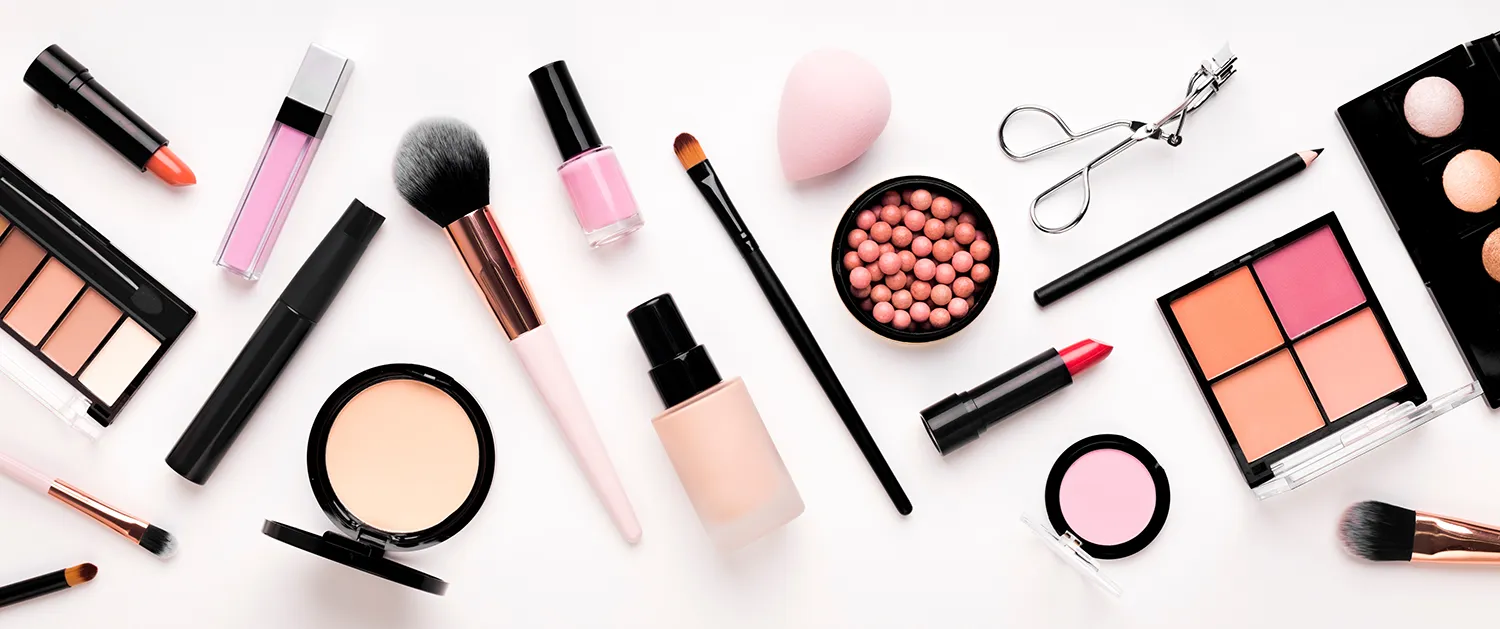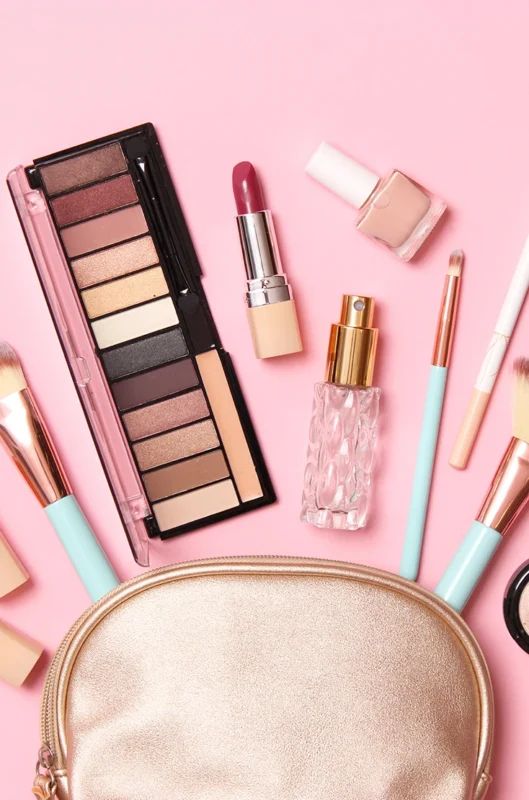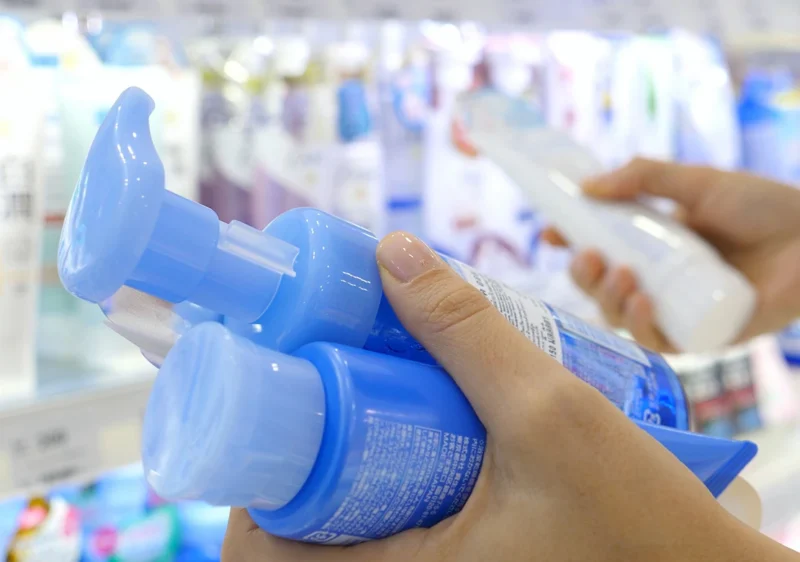
Halal-Certified Cosmetics & Personal Care
As beauty and wellness industries evolve, Halal-certified cosmetics and personal care items are becoming essential for Muslim consumers and ethical buyers worldwide.
Start Your Certification Today!
Why Halal Cosmetics?
Promoting Holistic & Inclusive Beauty
Halal-certified cosmetics are not just for Muslims. They align with religious values, health-conscious lifestyles, and sustainable practices.
What Are Halal Cosmetics?
Halal cosmetics are products that comply with Islamic laws (Shariah), meaning they are:
- Free from Haram ingredients (e.g., pork derivatives, alcohol, or animal fats from non-Halal sources)
- Not tested on animals (aligns with cruelty-free principles)
- Produced under hygienic, contamination-free conditions
- Free from harmful or toxic chemicals
These include products such as:
- Oral care, soaps, and hygiene items
- Skincare (lotions, creams, serums)
- Haircare (shampoo, conditioners, oils)
- Makeup (lipsticks, foundations, eyeliners)
- Fragrances and deodorants
Global Halal Cosmetics Market Growth
| Year | Market Size (USD Billion) |
|---|---|
| 2020 | 23.2 |
| 2023 | 30.1 |
| 2026 (projected) | 45+ |
Source: Market Research Reports
The demand is driven by:
- Rising Muslim population
- Increased awareness of ethical, clean beauty
- Regulatory support and certification bodies
Key Benefits of Halal-Certified Cosmetics
Consumers Care About Their Ingredients
More and more Muslim consumers are seeking information about ingredients in various products. Health and beauty product manufacturers can benefit from Halal certification, as it assures their customers that prohibited ingredients are not used in their products.
This greatly expands the market both domestically and internationally. Find the key benefits of Halal certified cosmetics:
1. Religious Assurance
- Provides Muslim consumers with confidence that products meet their spiritual and ethical needs.
- Ingredients and processes are transparent and aligned with Islamic principles.
2. Safer & Cleaner Products
- Halal-certified items typically avoid harsh chemicals, parabens, and synthetic dyes.
- Often feature natural, plant-based ingredients, appealing to clean beauty advocates.
3. Cruelty-Free & Ethical
- Halal standards do not allow testing on animals, making many certified brands cruelty-free by default.
4. Market Access & Consumer Loyalty
- Halal logos help brands reach over 1.9 billion Muslims globally.
- Creates strong brand trust and long-term consumer loyalty.

Global Opportunities for Halal Beauty Brands
- Southeast Asia: High demand in Malaysia, Indonesia, and Singapore
- Middle East: GCC countries support Halal regulation and marketing
- North America & Europe: Growing interest among ethical and Muslim consumers
- E-commerce: Digital platforms are expanding access and awareness of Halal-certified products
Trust the Logo: Why Certification Matters
Without proper certification, claims of “Halal” can be misleading. Recognized certifiers like HMCA (Halal Montreal Certification Authority) or ISA (Islamic Services of America) ensure that:
- Regular audits uphold ongoing compliance
- Every ingredient is verified
- Manufacturing follows Islamic guidelines
Is your makeup Halal?
- Look for a Halal logo on product packaging. If it’s not Halal certified, at least make sure there are no Haram or doubtful ingredients present. Vegan, vegetarian or plant-based products are usually Halal suitable.
What are Doubtful Ingredients?
- Carmine
- Keratin
- Oleic Acid
- Lanolin
- Alcohol
- Gelatin
- Animal Fat


Interested in Halal certification?
Fill out our form and we’ll be in touch.


